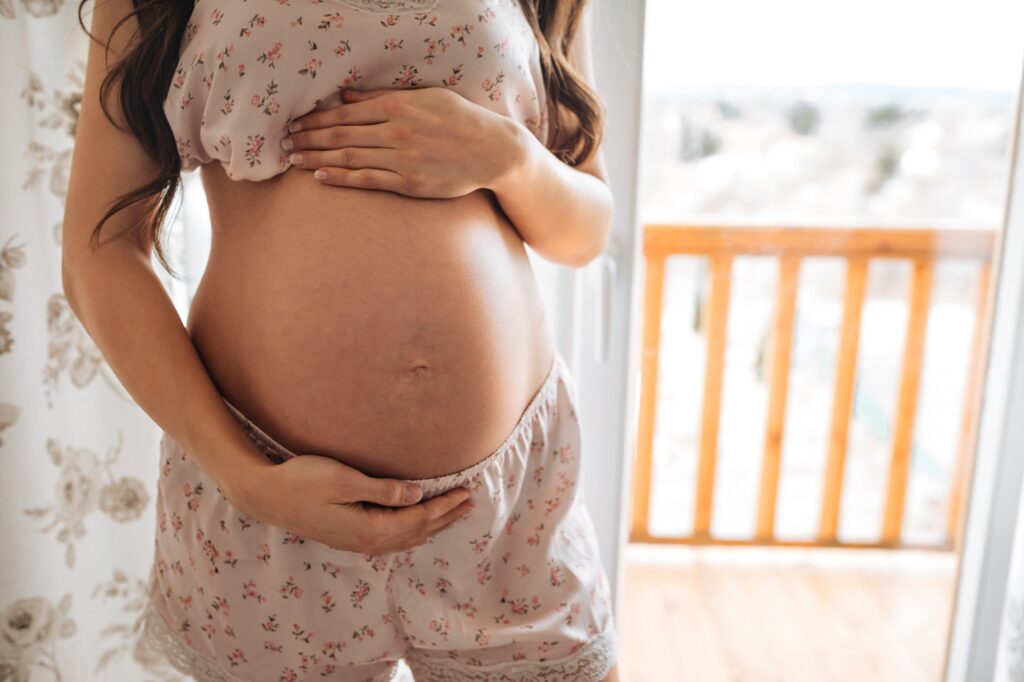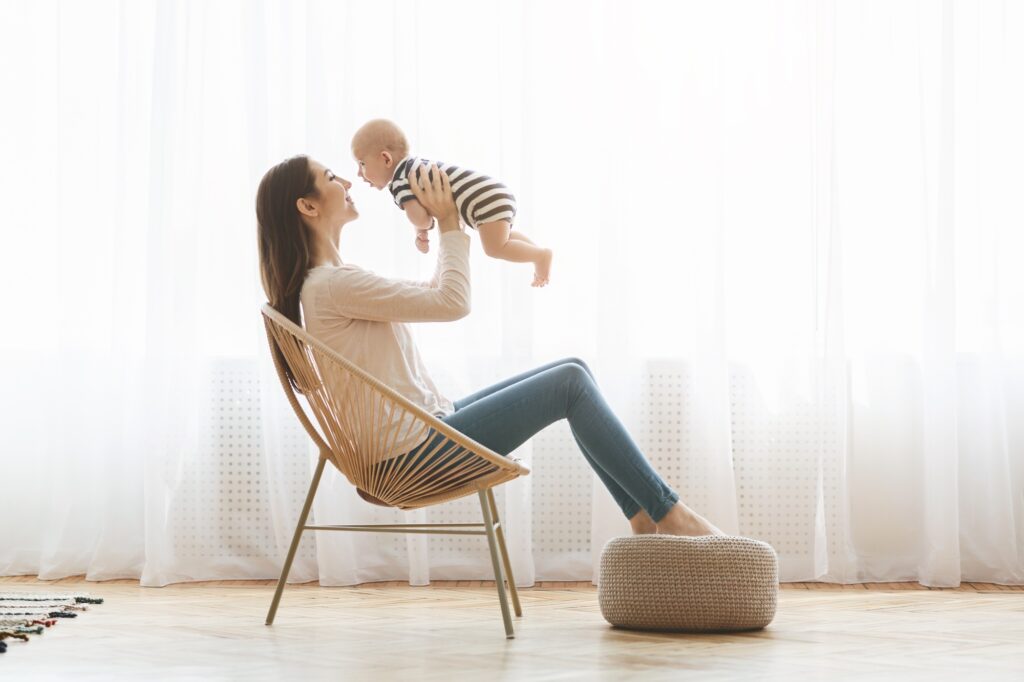Understanding the Impact: Pregnancy After an Eating Disorder
Being responsible for bringing a child into the world is both a beautiful and stressful experience. Those who become pregnant and have experienced an eating disorder are faced with new challenges, some of which are unexpected. It is crucial to focus on the well-being of both the mother and the baby, and we can ensure this by being aware of the impacts of eating disorders and having the knowledge of what to do when these difficulties occur.
When a person becomes pregnant, their body changes substantially to maintain the baby’s growth. Seeing our bodies change so rapidly can cause immense triggers for those who have experienced an eating disorder. Along with these triggers come anxiety and discomfort, which can lead to maladaptive behaviours. There are several components to become aware of as a pregnant person who has had an Eating Disorder such as emotional toll, body image, coping strategies, physical health and relapse.
The Emotional Toll:
As much as we do not want to admit it, there can be negative emotions during pregnancy. This could be grieving your old life, preparing for new responsibilities, or, for those with a past eating disorder, watching your body grow at a rapid rate. Those who have battled an eating disorder may experience more negative emotions during their pregnancy due to potential triggers. The rapid changes can bring up past or current insecurities, leading to negative thought patterns. Ensure you have a therapist who can help develop coping strategies to navigate these emotions and maintain a healthy mental well-being.
Body Image:
This is a leading cause of negative thinking patterns during pregnancy for those who have experienced an eating disorder. Weight gain and changes in the body are natural yet can be triggering. One way to change your perspective is by trying to focus on the process of creating life rather than focusing on your appearance, which a therapist can help with. This is something that can be very difficult for most, but is possible with the right tools and knowledge.
Coping Strategies:
Disordered eating can be a coping mechanism for anxiety, stress, or emotions that make us uncomfortable. With that being said, these emotions can be common in pregnancy, and creating a preventative strategy plan can be proactive. This could include self-compassion work, gratitude, breath work, and CBT techniques, but ultimately, your coping plan will be individualized to your needs.
Physical Health:
There are complications that can happen during pregnancy. For those who have experienced an eating disorder and are falling into old habits, this can look like malnutrition or nutrient deficiencies. This can lead to preterm birth, developmental issues, or low birth weight. Keeping up with prenatal appointments and ensuring healthy and balanced nutrition is one way to mitigate risks.
Relapse:
As mentioned, pregnancy can trigger old maladaptive habits that may have been used in an active eating disorder. If you see any signs of this, ensure you contact your healthcare team, which could include a doctor or obstetrician, therapist, and dietitian. Another crucial member of your support team is a trusted loved one. Forming a stable healthcare and support team is a great way to maintain a healthy pregnancy and help if a relapse presents itself.
Preventative Steps:
- 1. Create your support team. Having trusted family members and friends is an important part of transitionary periods in our lives that not everyone has access to. If you do have this access, lean on them!
- 2. Ensure your providers have knowledge and experience working with eating disorders.
- 3. Work with a dietitian to meet you and your baby’s needs if you can.
- 4. Practice self-compassion. It is not easy creating a baby! Be kind to yourself, and remember you deserve just as much love as the baby is getting.
- 5. Seek out therapy during the perinatal and postpartum period. Therapists can help work with negative emotions, body image, and provide healthy coping strategies.
Remember, it takes strength to create a baby. You were strong enough to recognize that your eating disorder could impact your pregnancy. You are one step ahead! Having the right people on your team makes a happy and healthy pregnancy more manageable. Your recovery is worth it, and you are not alone in this process. If you are interested in learning more about pregnancy after an eating disorder, please reach out to book a free consultation with us!





